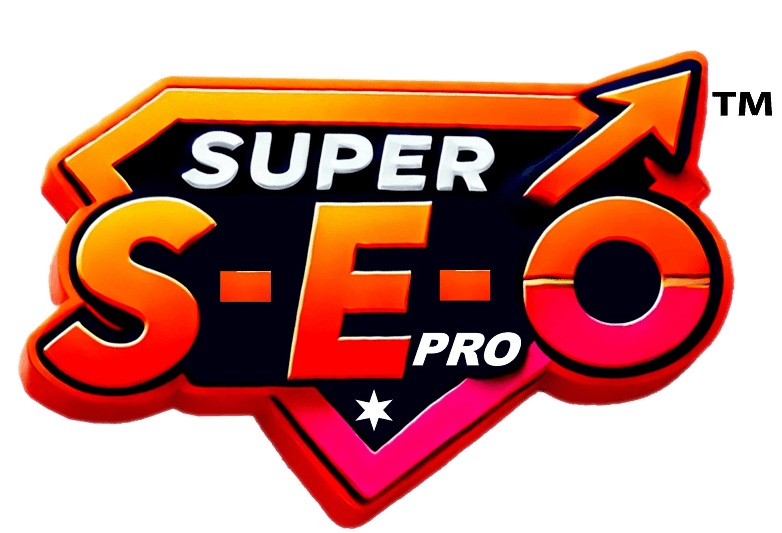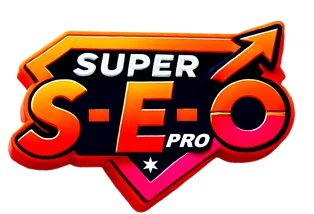Top 10 SEO Terms Every Marketer Should Know
Your Global SEO Partner – Canadian Expertise, Worldwide Results
Search Engine Optimization (SEO) can feel like a maze of jargon and technical terms. But understanding the basics doesn’t have to be overwhelming. Whether you’re a small business owner, a marketing newbie, or a seasoned pro, these 10 essential SEO terms will help you navigate the world of search rankings and drive real results for your business.
1. Keywords
What it means: Keywords are the words or phrases people type into search engines when looking for information, products, or services. Think of them as the bridge between what your audience is searching for and the content you create.
Why it matters: Choosing the right keywords ensures your content reaches the right people. For example, a bakery in Toronto might target “best cupcakes in Toronto” to attract local customers.
Pro Tip: Don’t just focus on high-volume keywords. Long-tail keywords (e.g., “gluten-free cupcakes downtown Toronto”) often have less competition and higher conversion rates.
2. Backlinks
What it means: Backlinks are links from other websites that point to your site. They’re like votes of confidence in the eyes of search engines.
Why it matters: High-quality backlinks boost your site’s authority and help you rank higher. For instance, a local news site linking to your restaurant’s blog about “top 10 brunch spots in Vancouver” can drive traffic and improve your rankings.
Pro Tip: Focus on earning backlinks from reputable sites in your industry. Quality always beats quantity.
3. On-Page SEO
What it means: On-page SEO refers to optimizing individual pages on your website. This includes elements like title tags, headers, content, and images.
Why it matters: Well-optimized pages are easier for search engines to understand and rank. For example, using descriptive alt text for images helps search engines “see” your content, improving accessibility and rankings.
Pro Tip: Keep your content user-friendly. Write for people first, search engines second.
4. Off-Page SEO
What it means: Off-page SEO involves activities outside your website that impact your rankings, such as backlinks, social media mentions, and online reviews.
Why it matters: Off-page SEO builds your site’s credibility and authority. A glowing review on Yelp or a share on LinkedIn can drive traffic and improve your search visibility.
Pro Tip: Engage with your community. Partner with local influencers or participate in industry forums to build trust and earn mentions.
5. Local SEO
What it means: Local SEO focuses on optimizing your online presence to attract customers in your area. This includes Google My Business (GMB) listings, local citations, and location-based keywords.
Why it matters: If you run a brick-and-mortar business, local SEO ensures you show up when someone searches for “plumber near me” or “coffee shop in Calgary.”
Pro Tip: Keep your GMB profile updated with accurate hours, photos, and customer reviews.
6. Meta Description
What it means: A meta description is the short blurb that appears under your page title in search results. It summarizes what the page is about.
Why it matters: A compelling meta description can improve your click-through rate (CTR). For example, “Discover the best hiking trails in Banff with our local guide” is more enticing than a generic description.
Pro Tip: Include your target keyword naturally and keep it under 160 characters.
7. Bounce Rate
What it means: Bounce rate is the percentage of visitors who leave your site after viewing only one page.
Why it matters: A high bounce rate can signal that your content isn’t engaging or relevant. For example, if someone clicks on your blog about “organic skincare tips” but leaves immediately, it might mean the content didn’t meet their expectations.
Pro Tip: Improve bounce rates by making your content easy to read, adding internal links, and ensuring fast page load times.
8. Schema Markup
What it means: Schema markup is a type of code that helps search engines understand your content better. It can enhance your search listings with rich snippets like star ratings, prices, or FAQs.
Why it matters: Rich snippets make your listing stand out and can improve CTR. For example, a recipe site with star ratings and cooking times is more likely to attract clicks.
Pro Tip: Use tools like Google’s Structured Data Markup Helper to add schema to your site.
9. Core Web Vitals
What it means: Core Web Vitals are Google’s metrics for measuring user experience, including page speed, interactivity, and visual stability.
Why it matters: A fast, smooth website keeps visitors engaged and improves rankings. For example, a slow-loading e-commerce site can lead to lost sales.
Pro Tip: Use tools like Google PageSpeed Insights to identify and fix performance issues.
10. Search Intent
What it means: Search intent refers to the reason behind a user’s query. It could be informational (“how to tie a tie”), navigational (“Facebook login”), or transactional (“buy running shoes online”).
Why it matters: Understanding search intent helps you create content that meets users’ needs. For example, a blog post titled “10 Tips for Marathon Training” aligns with informational intent, while a product page for “best running shoes” aligns with transactional intent.
Pro Tip: Analyze the top results for your target keywords to understand what users are looking for.
Why These Terms Matter
SEO isn’t just about ranking higher—it’s about connecting with your audience and delivering value. By mastering these 10 terms, you’ll be better equipped to create strategies that drive traffic, build trust, and grow your business.
Need Help with Your SEO Strategy? At SuperSEOPro, we simplify SEO so you can focus on what you do best—running your business. Whether you’re targeting local customers in Toronto or scaling globally, we’ve got the tools and expertise to help you succeed.
Contact us today to start your SEO journey!


